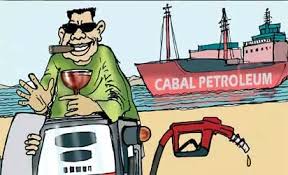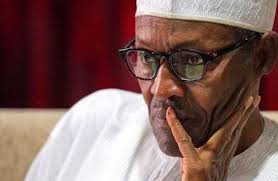by: Ayo Olukotun
“Nigerians still go through all kinds of trauma in their daily lives because of the comatose nature of our leadership, so people look for areas in life where they can find succor and that is why comedy shows are sold out” – Ezechi Onyerionwu, December 5, 2015
Literary scholar, Prof. Ezechi Onyerionwu’s remark, quoted above appeared in a recent edition of the New York Times. Onyerionwu spoke to Japanese writer, Norimitsu Onishi, author of the article, who informs that the soaring popularity of stand-up comedy in Nigeria indexes the several ways in which a traumatised citizenry is coping with the rigours of daily existence. Nigerians, we are reliably informed, are escaping the scramble for survival, typified by the relentless search for fuel, broken down infrastructure, and the terrors of Boko Haram, by laughing harder than usual in order to stay afloat.
Although 2015 brought in celebrated political change at the centre, in the shape of a reformist government led by President Muhammadu Buhari, it ended pretty much like 2014, for the average Nigerian. Buhari may have reduced the defiance and bravado of the insurgents, who as 2014 closed unleashed a horrific massacre at Baga.









